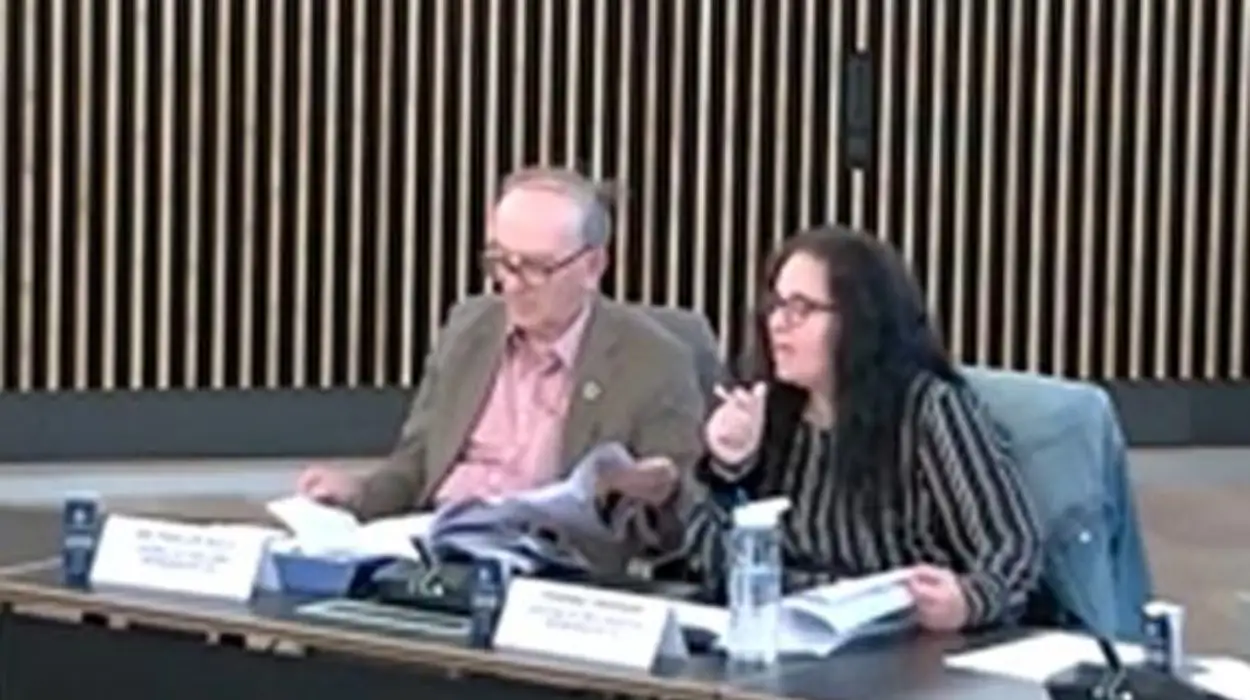Key Points
- SEND provision in Tower Hamlets is no longer considered to be in crisis, according to recent Ofsted and Care Quality Commission inspections.
- Despite improvements, clear areas need development, particularly in service oversight and annual review processes.
- The Tower Hamlets SEND and Inclusion Strategy for 2024-2029 sets six priority areas to support children and young people with SEND.
- Partnership working between local authorities, NHS, parents, and young people is at the heart of the SEND improvements.
- The SEND Information, Advice and Support Service (SEND IASS) continues to offer guidance for parents and carers.
- Tower Hamlets Council and NHS bodies acknowledge the need for transparent communication and ongoing strategic leadership.
- Community involvement and co-design initiatives, such as the Young Tower Hamlets service, aim to ensure inclusivity.
- Statutory responsibilities like Education, Health and Care Plans (EHCPs) remain a core focus, with ongoing improvements to case management.
- SEND families continue to have access to specialist support groups and mediation services.
- Tower Hamlets SEND inspectors praised improvements while still urging the council to strengthen certain monitoring and planning aspects.
What recent inspection findings show about Tower Hamlets SEND services?
The Tower Hamlets Local Area Special Educational Needs and Disabilities (SEND) service has been found “no longer in crisis” following a comprehensive inspection conducted by Ofsted and the Care Quality Commission (CQC) between 9 June and 27 June 2025, as reported by the Summer 2025 Families Matter newsletter issued by the Tower Hamlets Council. Inspectors acknowledged significant progress in the delivery of SEND provision in the borough, noting that children and young people with SEND are now receiving better-coordinated support.
- Key Points
- What recent inspection findings show about Tower Hamlets SEND services?
- What are the key priorities of Tower Hamlets’ SEND and Inclusion Strategy?
- Who is involved in the SEND improvements partnership?
- How is Tower Hamlets ensuring transparency and accountability?
- What resources and support are available to SEND families?
- What challenges remain in Tower Hamlets SEND provision?
However, the inspection report also highlighted that while crisis conditions have eased, the service still requires clear improvements regarding oversight and transparency. Particular attention was drawn to the annual review process of Education, Health and Care Plans (EHCPs), which needs more rigorous tracking and monitoring to sustain effective progress, according to documents from the Tower Hamlets SEND Written Statement of Action approved earlier this year.
What are the key priorities of Tower Hamlets’ SEND and Inclusion Strategy?
In December 2024, the Tower Hamlets Health and Wellbeing Board approved the SEND and Inclusion Strategy covering the period 2024-2029, as outlined on the Tower Hamlets Local Offer website and council communications. The strategy was formulated through extensive engagement with young people, parents, carers, and SEND professionals, reflecting a collaborative commitment to lift SEND standards further.
The strategy focuses on six priority areas which include improving access to services, supporting educational achievements, enhancing wellbeing through health and social care integration, strengthening family and community engagement, improving transitions for young people into adulthood, and developing an inclusive workforce. It aims to create a flexible and responsive SEND system that enables children and young adults to thrive in education and life.
Who is involved in the SEND improvements partnership?
The SEND improvements are driven by a partnership led by the London Borough of Tower Hamlets and Tower Hamlets Clinical Commissioning Group (THCCG), operating under the Tower Hamlets Together (THT) partnership arrangements. This partnership includes the local authority, NHS services, schools, voluntary organisations, and crucially, parents and young people with SEND themselves.
Parent and carer support remains a pillar of the improvements. The SEND Information, Advice and Support Service (SEND IASS), housed at the Parents Advice Centre in Whitechapel, provides self-referral advice and casework support on education, health, and social care for families with children up to age 25. Specialist groups and mediation services for issues such as exclusions and bullying also remain accessible within this framework.
How is Tower Hamlets ensuring transparency and accountability?
Transparency and accountability were emphasised in both the recent inspections and in Tower Hamlets’ own strategic plans. The council admits that further work is needed to improve communication around SEND decision-making and to provide clearer oversight of service delivery.
To support this, the SEND Improvement Board Annual Report 2024/25 outlines actions such as co-design workshops with young people, refurbishments of key resource buildings, and upgrading case management systems. These steps aim to build confidence among families and stakeholders that SEND services are improving with sustainable governance in place.
What resources and support are available to SEND families?
Families in Tower Hamlets continue to receive extensive support through the SEND Local Offer, which includes personal budgets, SEN support, targeted interventions, travel assistance, and specialist services. The SEND IASS offers services ranging from advice on education and health care plans, support for appeals and exclusions, to linking families with community resources.
The council has also developed accessible documents and guidance such as Easy Read SEND strategies and annual review templates to help parents navigate the complex SEND system.
What challenges remain in Tower Hamlets SEND provision?
Despite clear advances, Tower Hamlets acknowledges ongoing challenges, particularly in fully embedding consistent processes across all services for children with SEND. Areas such as monitoring annual EHCP reviews, improving transitions to adulthood, and comprehensive workforce training remain focal points for continuous development.
Inspectors continue to urge the local authority to maintain momentum, improve joint working across health, education, and social care, and to better involve children and families in planning and decision-making processes.



